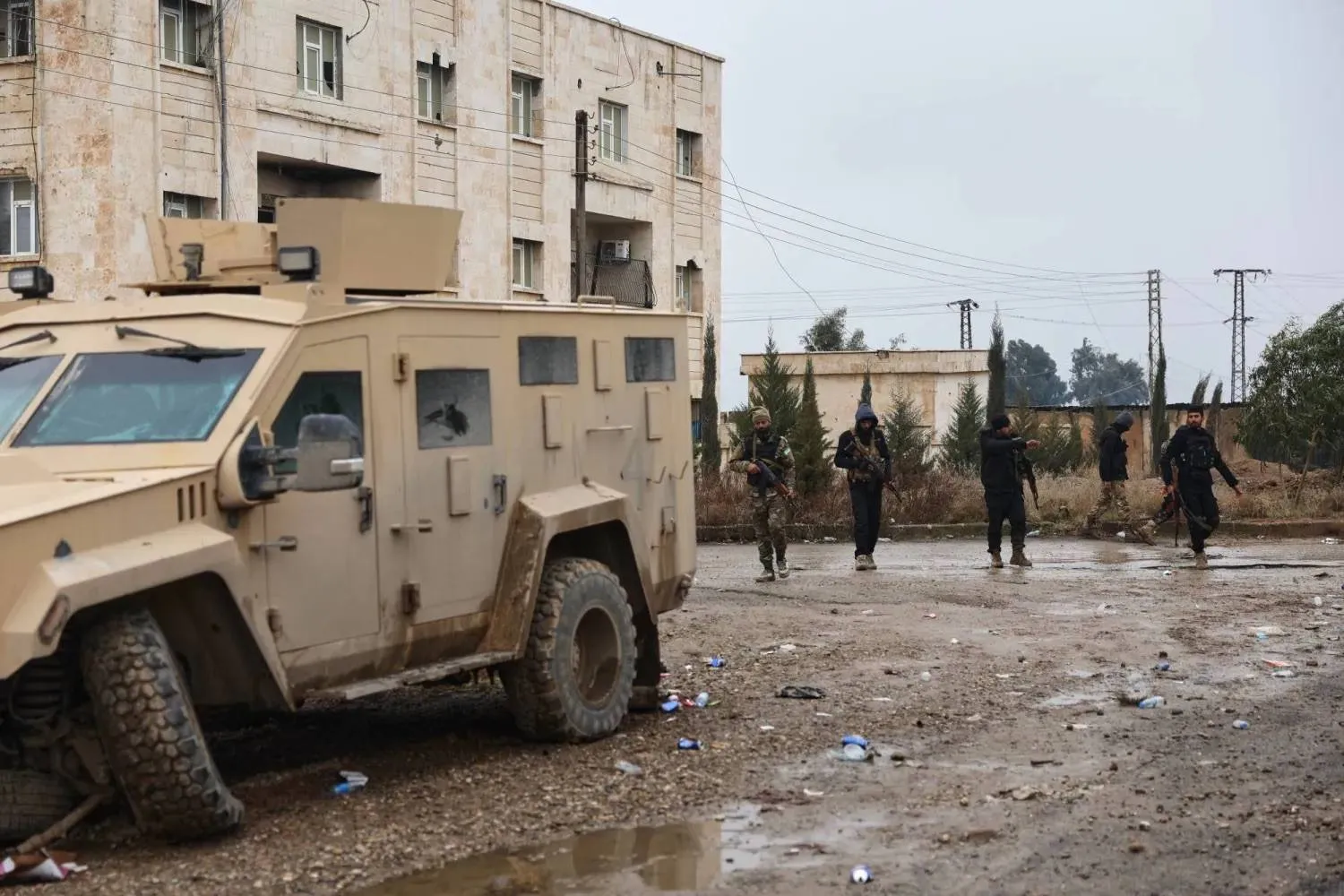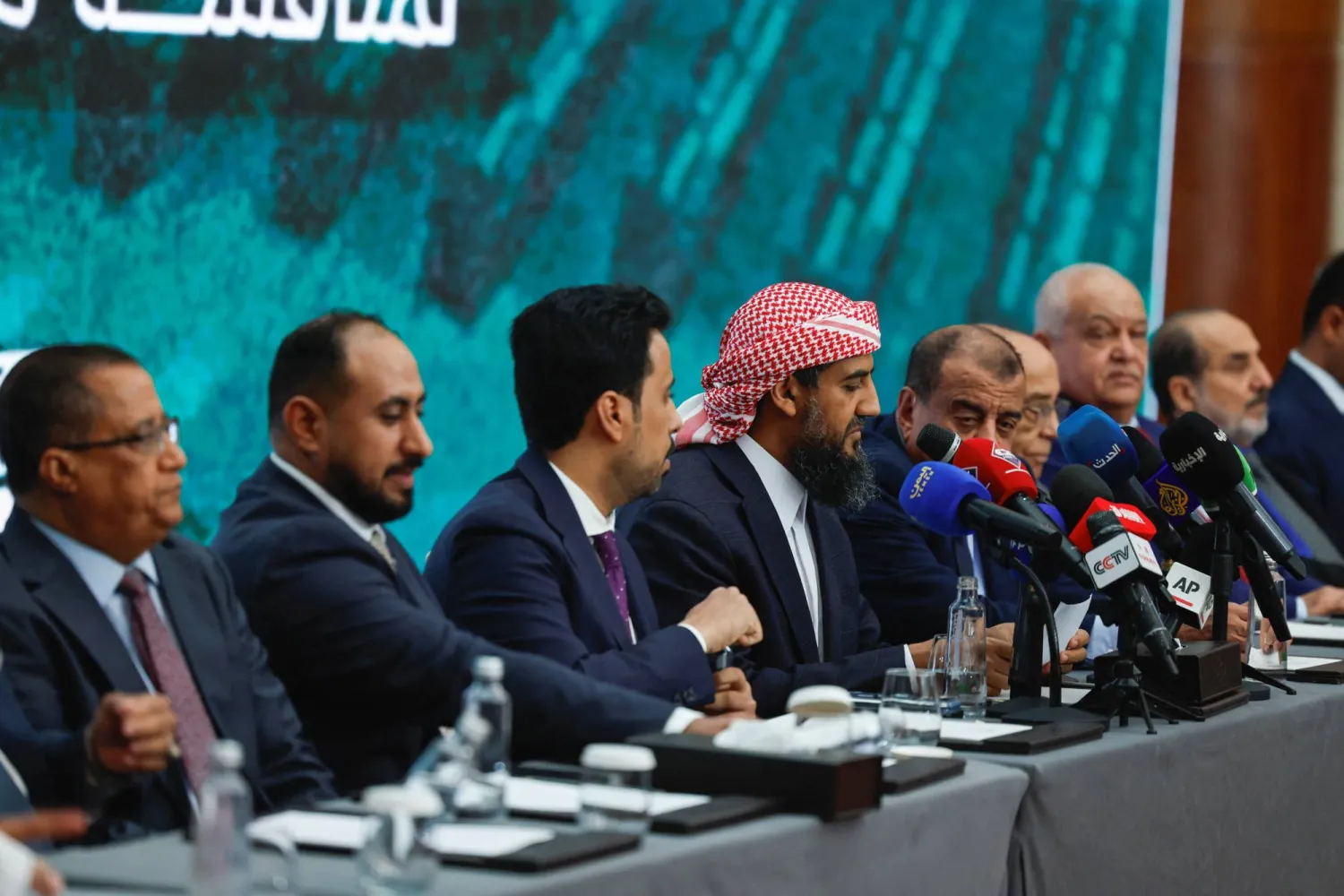Riyadh has witnessed, since the beginning of January, an unprecedented wave of political activity involving southern Yemeni leaders and factions.
These consultations and discussions among key actors and influential figures are aimed at preparing for the convening of the Southern Dialogue Conference, sponsored by Saudi Arabia at the request of Rashad al-Alimi, Chairman of Yemen’s Presidential Leadership Council.
Al-Alimi had formally requested Saudi sponsorship of the conference against the backdrop of military and political developments that followed unilateral military actions by Aidarous al-Zubaidi, head of what was formerly known as the Southern Transitional Council (STC), and the subsequent intervention of the Coalition to Support Legitimacy in Yemen to protect civilians in Hadhramaut and Al-Mahra.
As coalition-backed government forces regained control of Hadhramaut and Al-Mahra and deployed across other southern governorates, the Presidential Leadership Council decided to remove Aidarous al-Zubaidi and Faraj al-Bahsani from its membership.
Al-Zubaidi fled Aden by sea to Somalia and then by air to Abu Dhabi, which Yemeni authorities accuse of committing widespread violations in Hadhramaut before ending its military presence there in recent weeks.
Broad Political Mobilization
Amid this momentum, southern figures held a consultative meeting days ago, during which they agreed to abide by the outcomes of the upcoming dialogue, according to a statement read by Abdulrahman al-Muharrami, a member of the Presidential Leadership Council.
In the statement, participants called on the international community to support the dialogue and respect the aspirations of the southern people, stressing that Saudi Arabia guarantees the inclusion of all southern parties and encourages partnership and responsible representation.
Meanwhile, political and social figures in Hadhramaut are mobilizing to unify their vision at the dialogue conference, under the leadership of Salem al-Khanbashi, a member of the Presidential Leadership Council and Governor of Hadhramaut.
Parallel efforts are being led by Abdullah al-Alimi, another member of the Presidential Leadership Council, who has been holding meetings with various southern groups and figures, including those from Shabwa Governorate, alongside representatives from other governorates such as Al-Mahra, Abyan, and Socotra.
This intensive political activity is taking place under direct Saudi sponsorship, in preparation for the launch of the Comprehensive Southern Dialogue Conference, which is expected to constitute a cornerstone in shaping Yemen’s final transitional phase.
Saudi Arabia’s role is no longer confined to traditional mediation but has evolved into what participants describe as “engineering consensus.” Current meetings aim to bridge differences among the various southern components, particularly leaders of what was formerly known as the Southern Transitional Council prior to its dissolution, in addition to other influential southern figures.
Analysts believe that the upcoming conference will not be a mere symbolic event, but rather a defining moment in the history of the “Southern Cause” and Yemen more broadly.
Emphasis on Partnership
Against this political backdrop, converging positions have emerged from Presidential Leadership Council members Abdullah al-Alimi Bawazeer and Abdulrahman al-Muharrami, who stressed the need to entrench the principle of partnership, reject exclusion, and unify the southern front through an inclusive dialogue under Saudi sponsorship.
These positions were articulated during southern meetings held in Riyadh, with the participation of prominent political and military leaders, as part of ongoing preparations for the upcoming dialogue conference.









